While you’re busy child-proofing sockets or stowing away sharp kitchen tools, your furry friends might be getting into something you’d never suspect as dangerous. From household plants to the sweet treats you casually leave on the counter, plenty of things you typically consider harmless could pose serious risks. So, let’s uncover these hidden dangers lurking around your home and take steps to ensure a safer environment for your beloved pets.
1. Cooked Bones
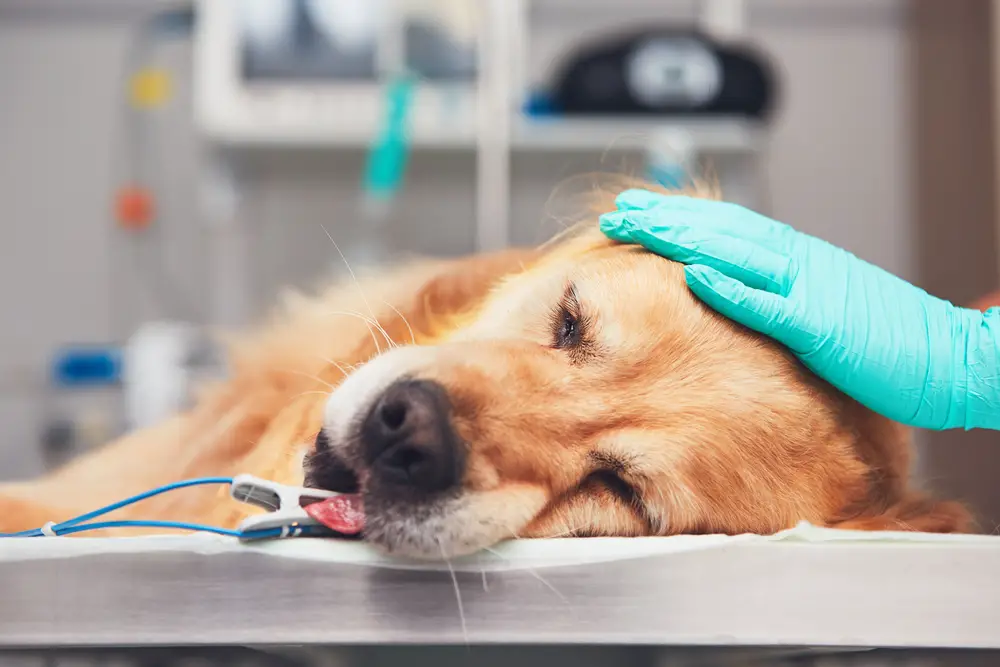
The idea of giving your dog a bone might seem natural, but cooked bones can be incredibly dangerous. When bones are cooked, they become brittle and can splinter easily. These splinters can cause blockages, tears in the digestive tract, or even severe internal injuries. Raw bones, while safer, should still be given cautiously and under supervision.
Instead of cooked bones, consider safer chew alternatives specifically designed for pets. These products are less likely to splinter and are often made from materials that can help maintain your pet’s dental health. Always supervise your pet when they have a chew toy to ensure it remains safe and intact. A little caution can go a long way to keeping your pet safe and satisfied.
2. Chocolate
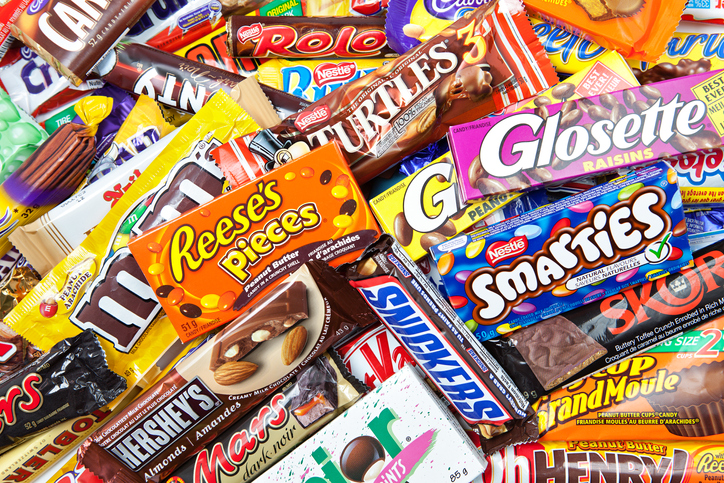
Ah, chocolate—the forbidden fruit for dogs and cats. You might think it’s harmless to leave a chocolate bar out, especially if you’re savoring it piece by piece, but this sweet treat can be toxic to pets. Chocolate contains theobromine and caffeine, both of which are stimulants that animals metabolize much slower than people do. According to the Merck Veterinary Manual, even small amounts can lead to vomiting, diarrhea, and even seizures in pets.
When you have chocolate in the house, make sure it’s stored well out of your pet’s reach. A high pantry shelf or a closed cabinet is ideal. It might seem inconvenient, but it’s a simple step that could prevent a costly vet visit—or worse. Take note that darker chocolates are more dangerous than milk or white chocolate due to the higher theobromine content.
3. Grapes and Raisins
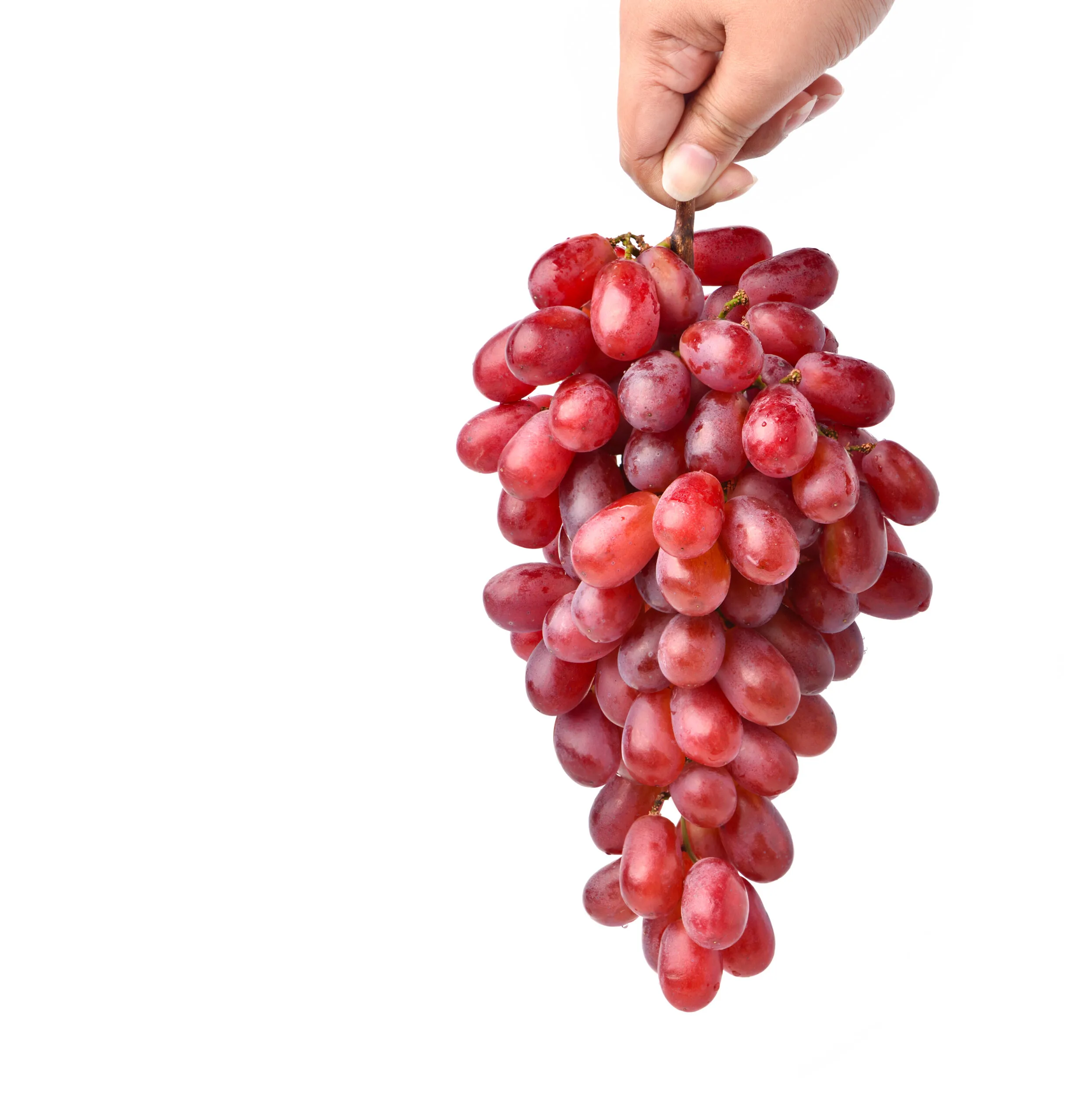
You might be snacking on a bowl of grapes, blissfully unaware of the peril they pose to your pets. What seems like a natural, healthy treat for you can lead to severe kidney failure in dogs. Cats are less likely to munch on these fruits but are equally at risk. Alarmingly, it doesn’t take much—just a few grapes or raisins could be enough to cause serious harm.
So, what should you do? Always ensure grapes and raisins are stored out of your pet’s reach, perhaps in a sealed container in the fridge. Remember, it’s not just the fruit itself that’s risky. Baked goods, trail mixes, or cereals containing raisins can also be hazardous, so keep them out of paw’s reach as well.
4. Xylitol

You’re trying to cut back on sugar and opt for sugar-free gum or candy. It’s healthier for you, but potentially deadly for your pet. Xylitol, a common sugar substitute, can cause a rapid insulin release in dogs, leading to life-threatening hypoglycemia. Even small amounts can result in liver failure within a short span of time.
Keep anything containing xylitol out of your pet’s reach, including common products like sugar-free gum, candies, and even some toothpaste brands. If you’re unsure whether a product contains xylitol, take a moment to read the label before leaving it somewhere accessible to your pet. Remember, what benefits your health doesn’t always benefit theirs.
5. Essential Oils
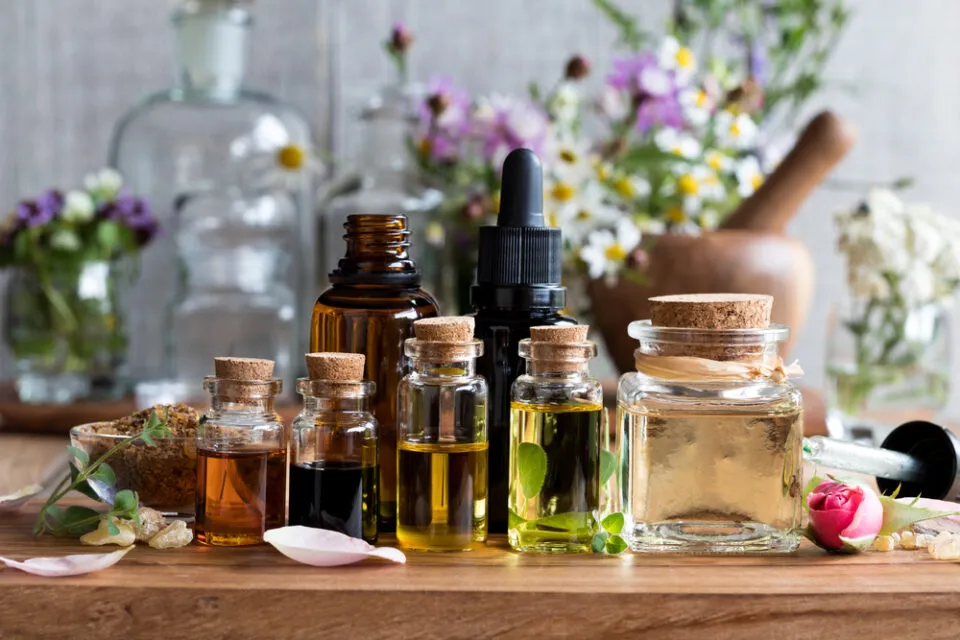
Essential oils are all the rage for their supposed health benefits and aromatic properties. However, they might not be as kind to your pets as they are to you. Some oils, like tea tree, peppermint, and eucalyptus, can be toxic to cats and dogs. According to the ASPCA, exposure can lead to symptoms ranging from difficulty breathing to liver damage.
When using essential oils, make sure they’re securely stored and never apply them directly to your pet. Use diffusers in areas your pets can’t access, and always monitor them for adverse reactions. If you suspect your pet has ingested or come into contact with a harmful oil, seek veterinary advice as soon as possible.
6. Houseplants
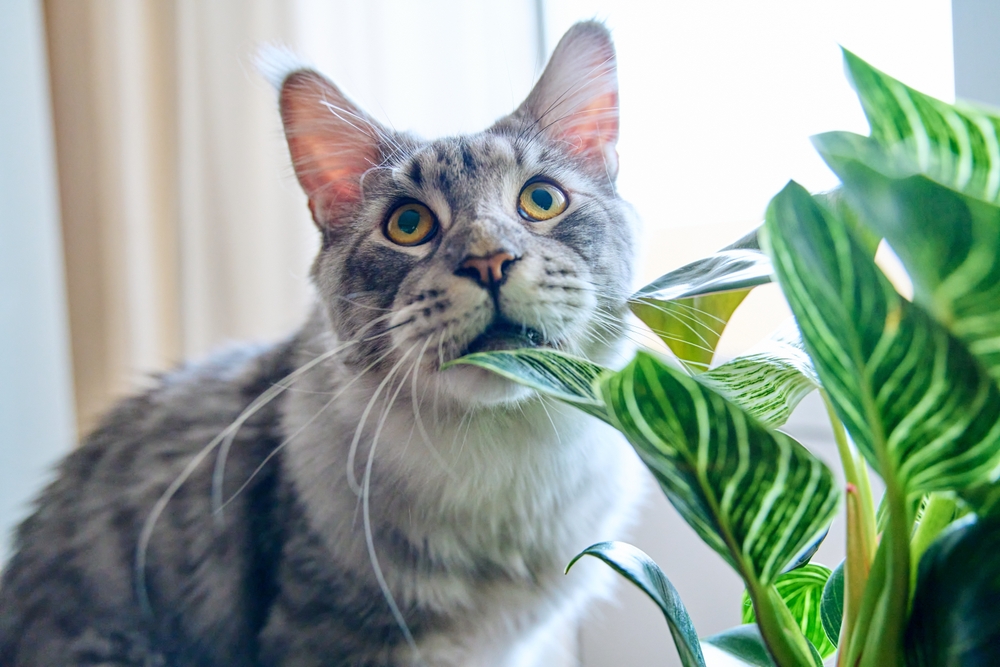
Your love for greenery might create a vibrant home atmosphere, but some common houseplants are dangerous for pets. Lilies, for example, can cause kidney failure in cats, while sago palms are toxic to both dogs and cats, affecting the liver. Even the popular aloe vera, while hailed for its healing properties for humans, can cause vomiting and diarrhea in pets.
To keep your pets safe, research any plant before bringing it into your home. Consider pet-safe alternatives like spider plants or Boston ferns, which can beautify your home without posing a risk. If you already have hazardous plants, place them in areas your pets can’t access, or consider rehoming them to a house without animals.
7. Alcohol

You might enjoy a glass of wine with dinner, but it’s crucial to remember that alcohol is extremely toxic to pets. Unlike people, pets have a much lower tolerance to alcohol, and even small amounts can be dangerous. Symptoms of alcohol poisoning in pets include vomiting, diarrhea, difficulty breathing, and even coma. According to Pet Poison Helpline, alcohol poisoning can occur from ingesting not just drinks, but also foods containing alcohol or raw yeast-based doughs.
Always ensure that alcoholic beverages and food items containing alcohol are out of your pet’s reach. Be mindful of half-empty glasses left unattended during gatherings. If your pet does manage to consume alcohol, contact a vet immediately to minimize harm. Remember, prevention is much easier than dealing with the consequences.
8. Caffeine
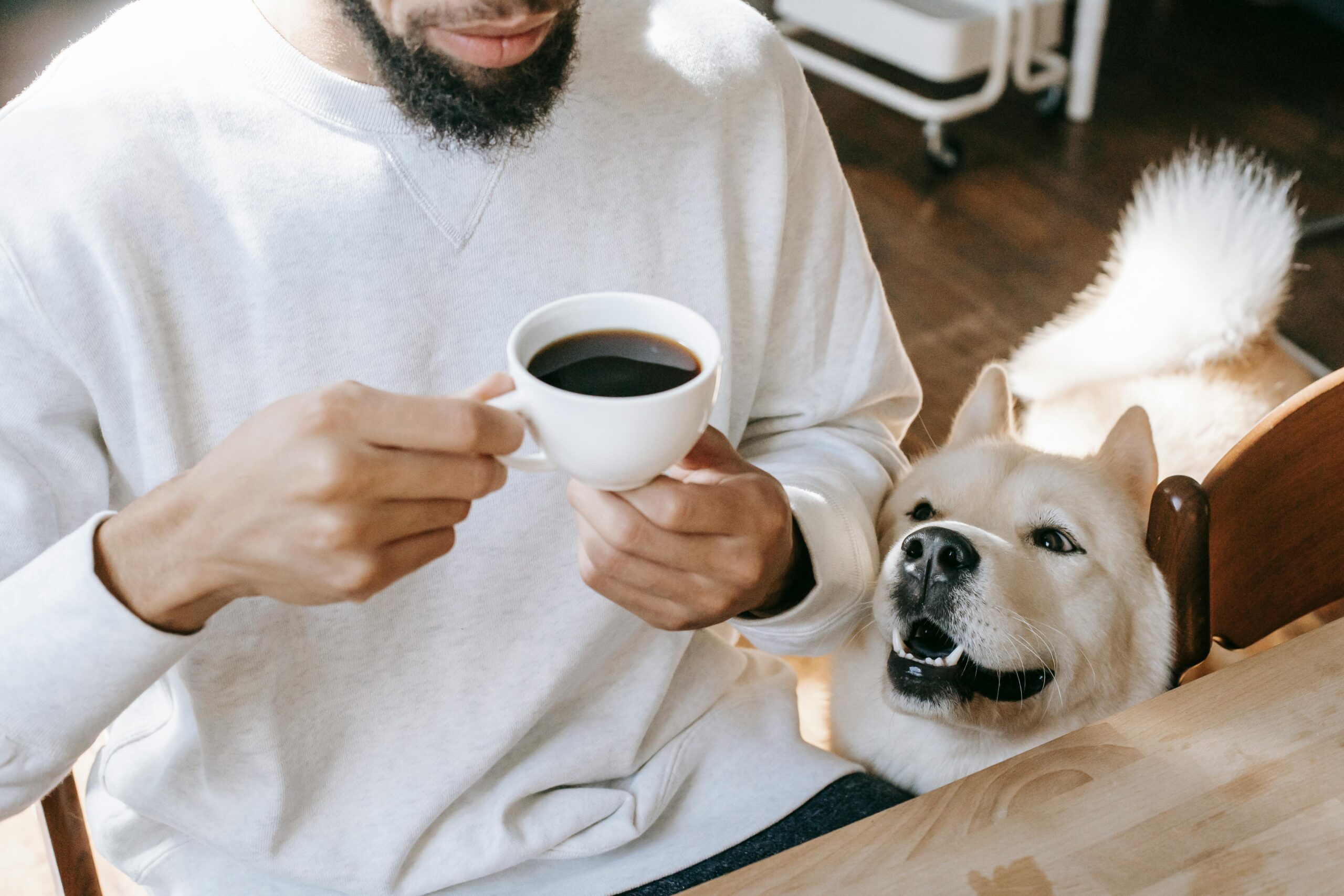
That morning cup of coffee might be essential to your routine, but it’s a hazard if your pet gets curious. Caffeine is a stimulant that affects the central nervous system and heart, posing potential risks to both cats and dogs. Consuming caffeine can lead to hyperactivity, irregular heartbeats, and even seizures. Just a few sips of coffee, tea, or energy drinks can be dangerous.
To avoid these issues, always store your caffeinated beverages and products securely. Consider using travel mugs with secure lids if you tend to leave your drinks unattended. This simple habit can prevent your pet from accidentally ingesting caffeine and suffering the consequences. Let’s keep the buzz for humans only.
9. Human Medications
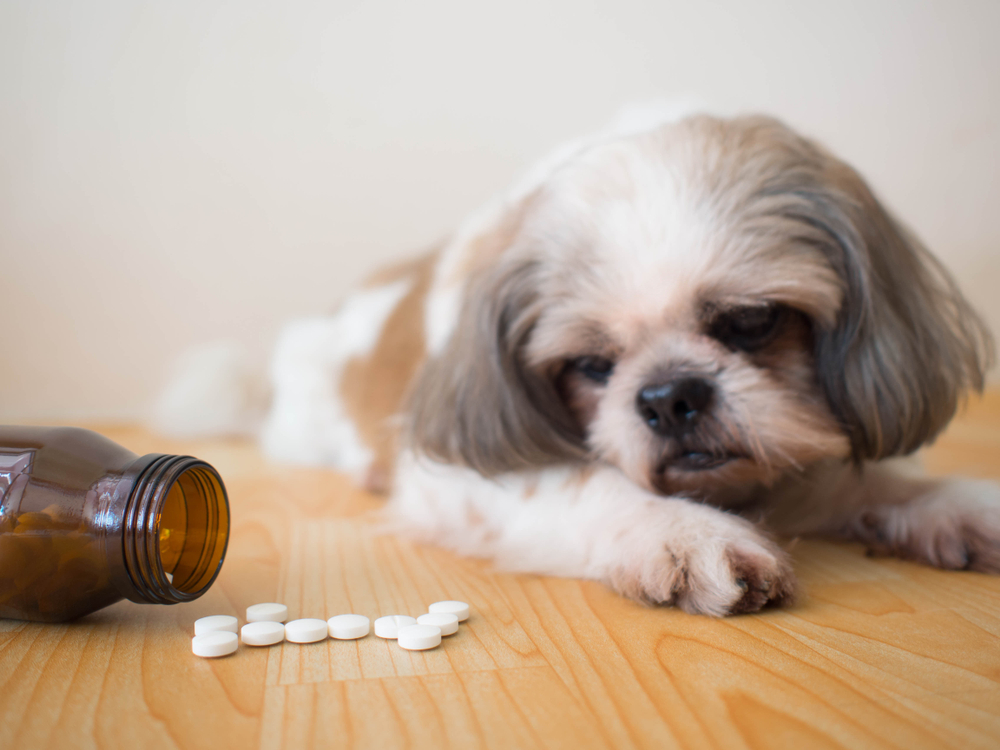
You might store your medications in an easily accessible place for convenience, but this could be dangerous if your pet gets curious. Many human medications, from painkillers to antidepressants, can be toxic to pets. Even seemingly harmless over-the-counter drugs like ibuprofen can cause severe gastrointestinal issues or worse. Pets might mistake pills for treats, so it’s crucial to keep them out of reach.
Always store medications in a secure cabinet or drawer, and never leave them on countertops or bedside tables. Be vigilant about keeping loose pills or dropped medications off the floor. In case of accidental ingestion, contact your vet immediately. A simple precaution can prevent a medical emergency for your furry friend.
10. Onions and Garlic
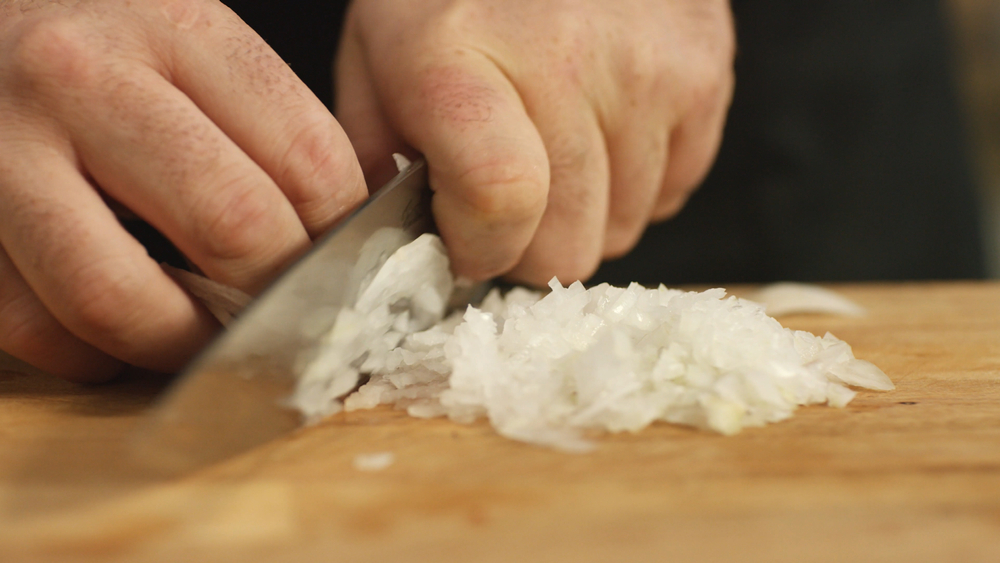
These kitchen staples might add flavor to your meals, but they’re a big no-no for your pets. Onions, garlic, and even chives belong to the Allium family, which can cause serious health issues in dogs and cats when ingested. A study published in the Journal of Veterinary Medical Science highlights that these vegetables can damage red blood cells, leading to anemia. Symptoms might not appear immediately, but they can include weakness, vomiting, and lethargy.
Be extra cautious when you’re cooking with these ingredients. Even the powdered forms, which you might sprinkle liberally on your food, can pose a threat. Ensure that leftovers containing onions or garlic are stored securely, and never offer your pet table scraps that might contain these ingredients. A little vigilance can go a long way in keeping your furry friend healthy.
11. Batteries
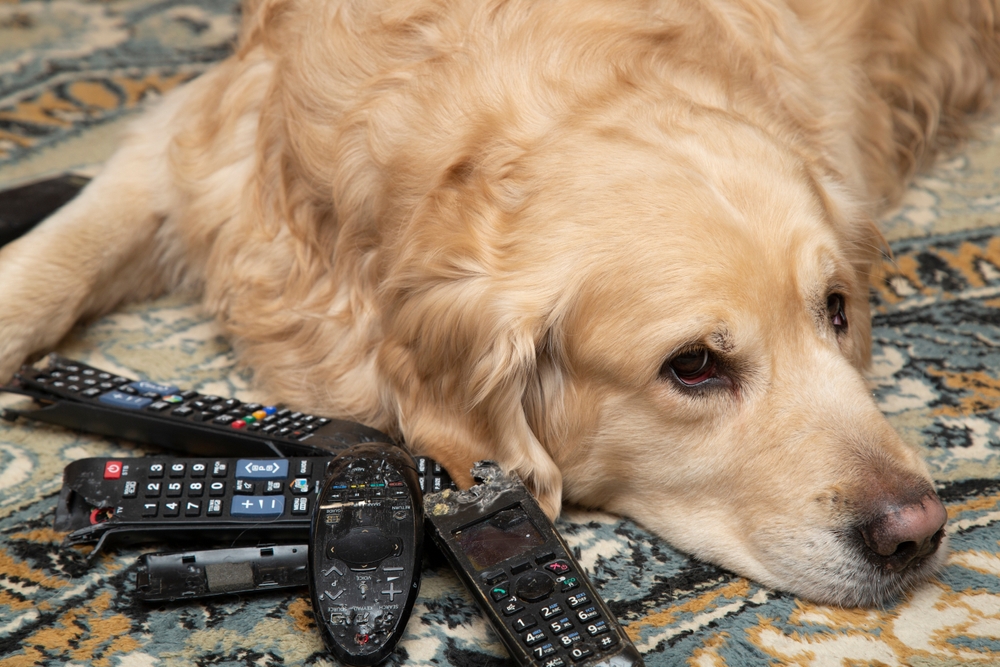
In our gadget-filled homes, batteries are everywhere, from remote controls to kids’ toys. While batteries are essential for powering our devices, they pose a serious risk if your pet decides to chew on them. Ingestion or even contact with batteries can lead to chemical burns or heavy metal poisoning. These dangers aren’t limited to just swallowed batteries; even licking a leaking battery can be harmful.
To prevent this, ensure batteries—new or used—are stored securely where your pet can’t access them. Check your home for any loose or exposed batteries that might have fallen out of devices. If you suspect your pet has come into contact with a battery, seek veterinary care immediately. Remember, proactive measures can prevent scary situations.
12. Cleaning Products
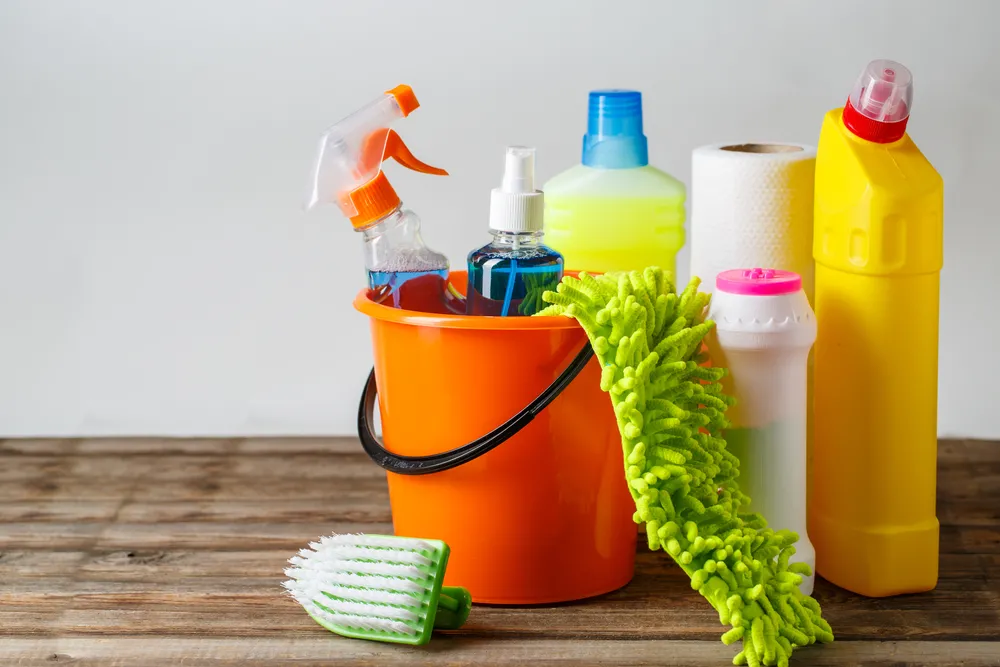
The products that make your home sparkle can be hazardous if ingested by your pets. Many cleaning agents contain chemicals like bleach or ammonia, which can be harmful to animals. Even the fumes from these products can cause respiratory issues in pets. It’s critical to read labels and be aware of potential dangers.
To protect your pets, use pet-safe cleaning products whenever possible. Always store cleaning supplies in cabinets that your pets can’t access. If you must use strong chemicals, ensure the area is well-ventilated and keep your pets out of the area until it’s safe. A clean home doesn’t have to come at the expense of your pet’s well-being.
13. Plastic Bags
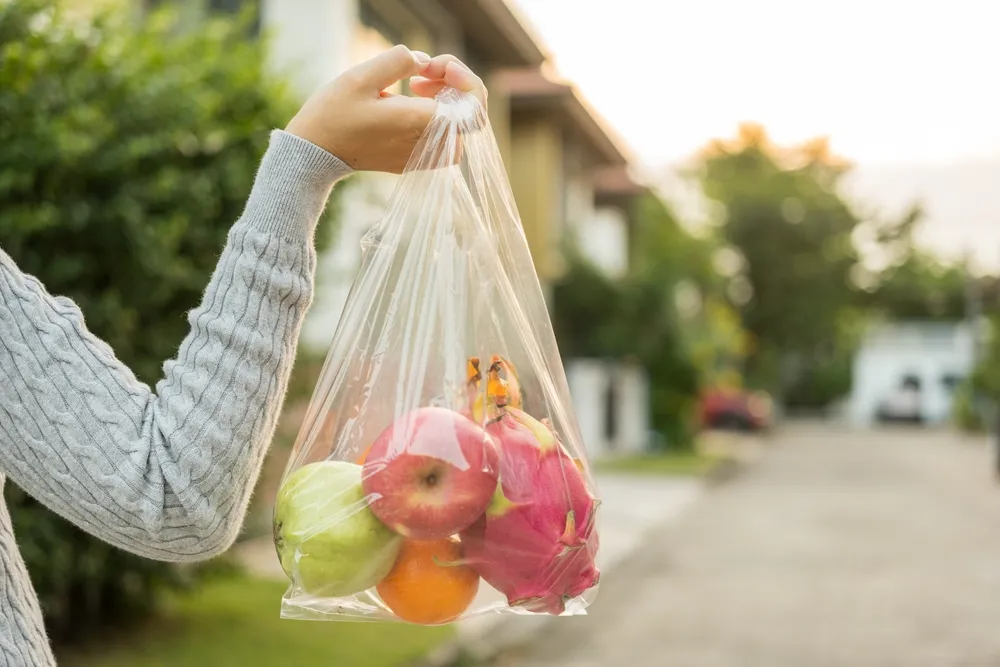
While it might seem unexpected, everyday plastic bags can pose significant risks to your pets. The texture and rustling sound might entice them to play or chew on the bag, leading to potential choking hazards. Ingesting pieces of plastic can also cause blockages in their digestive tract, requiring surgical intervention. Plastic bags might also pose a suffocation risk, especially for small pets.
To mitigate these risks, always keep plastic bags out of reach. Opt for reusable fabric bags and store them securely after use. If your pet shows interest in bags, provide them with safe toys or distractions. This simple switch can prevent unnecessary risks and keep your pet happy and healthy.
